Federal tax breaks for home energy upgrades and electric vehicles are winding down, but Colorado mountain residents still have access to local clean energy rebates—some worth up to $14,000.
A recent law signed by President Donald Trump dramatically scales back key provisions of the Inflation Reduction Act, the landmark climate legislation passed under former President Joe Biden. These cuts will end several popular tax credits designed to help Americans reduce energy costs and emissions—particularly in high-cost, high-altitude regions like Colorado’s mountain towns.
What’s Ending Soon
Federal tax credits that once covered thousands of dollars in clean energy upgrades are now set to expire much earlier than expected:
-
Energy Efficient Home Improvement Credit (up to $3,200) for heat pumps, water heaters, insulation, windows, and more will end Dec. 31, 2025.
-
Residential Clean Energy Credit (30% off solar installations) also ends Dec. 31, though expenditures only need to be paid by that date to qualify.
-
Clean Vehicle Credit (up to $7,500 for new EVs and $4,000 for used EVs) ends Sept. 30.
-
EV Charger Credit (Alternative Fuel Vehicle Refueling Property Credit) ends June 30, 2026.
“It is going to make these investments more expensive for people,” said Jess Hoover, climate action director at the High Country Conservation Center in Summit County.
$14,000 in Rebates Still Available
Despite these rollbacks, many rebates created under the Inflation Reduction Act are still intact—and unlike tax credits, they lower upfront costs instead of providing delayed savings at tax time.
The rebates, which are income-based, include:
-
$8,000 for a cold-climate heat pump
-
$4,000 for a breaker box upgrade
-
$2,500 for electric wiring
-
$1,750 for a heat pump water heater
-
$1,600 for insulation, air sealing, and ventilation
-
$840 for electric stoves, ovens, or heat pump dryers
Colorado received $140.3 million to administer these rebates, which are expected to launch by late 2025. The program will run through 2029 or until funds are exhausted.
“The tax credits were a ‘nice to have,’ whereas the rebates tend to be more readily available and quickly implemented,” said Kasey Provorse, executive director of Energy Smart Colorado.
Mountain Communities Still Have Local Support
Even as federal incentives fade, local programs across the Western Slope offer ongoing support for residents interested in home electrification and energy efficiency upgrades.
Energy Smart Colorado partners with groups like the High Country Conservation Center and local governments in counties such as Summit, Eagle, Pitkin, Garfield, Routt, and Moffat to provide:
-
Home energy assessments
-
Rebates for efficient appliances
-
Support for solar and weatherization
“We can help soften the blow,” said Hoover. “These energy investments are still important—especially with volatile gas prices and rising utility bills.”
For rural areas not serviced by natural gas—like many in the Yampa Valley—residents often rely on more expensive propane. Local rebates can help reduce dependence on fossil fuels by encouraging affordable electric alternatives.
What to Do Now
If you live in Colorado and plan to upgrade your home energy systems or buy an EV, act quickly:
-
Finish eligible upgrades before Dec. 31 to lock in expiring tax credits.
-
Pay for solar installations by Dec. 31 to qualify for the 30% Residential Clean Energy Credit.
-
Buy an EV by Sept. 30 to receive up to $7,500 in federal credits.
-
Check local rebate programs at EnergySmartColorado.com or through your county.
Even as federal support fades, local and state resources remain strong—especially for residents in Colorado’s mountain towns looking to reduce energy costs and embrace cleaner, more efficient technologies.
This article has been carefully fact-checked by our editorial team to ensure accuracy and eliminate any misleading information. We are committed to maintaining the highest standards of integrity in our content.

Katie is a senior who has been on staff for three years. Her favorite type of stories to write is reviews and features. Katie’s favorite ice cream flavor is strawberry.

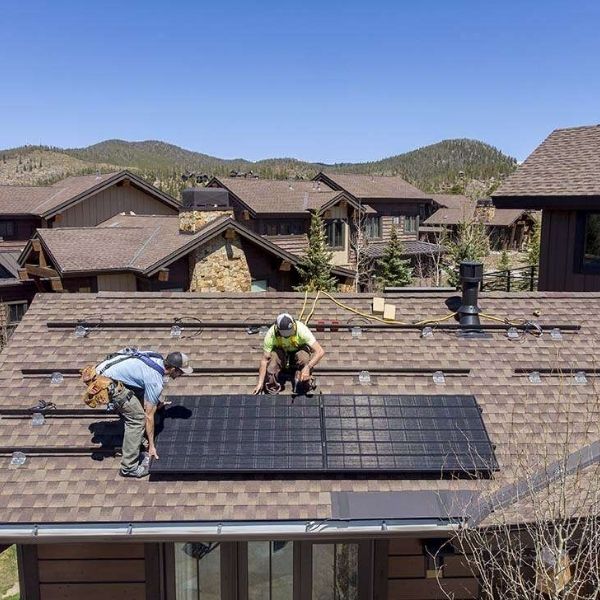
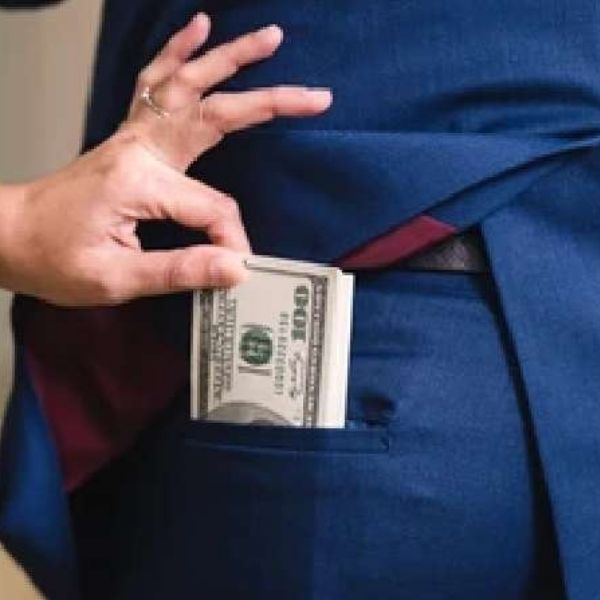

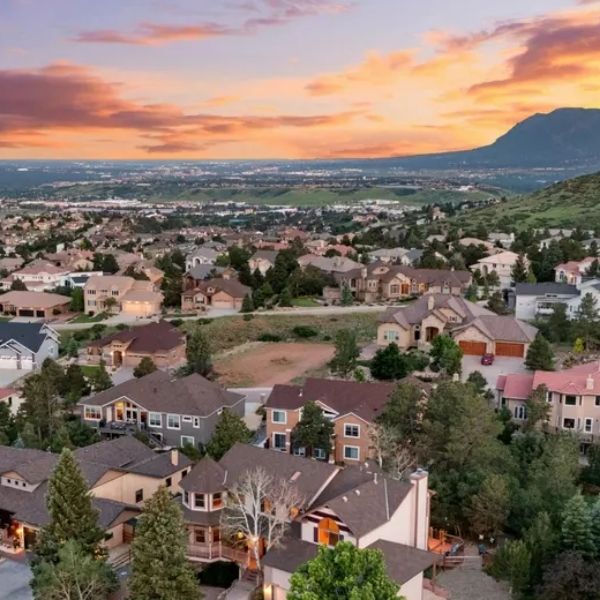
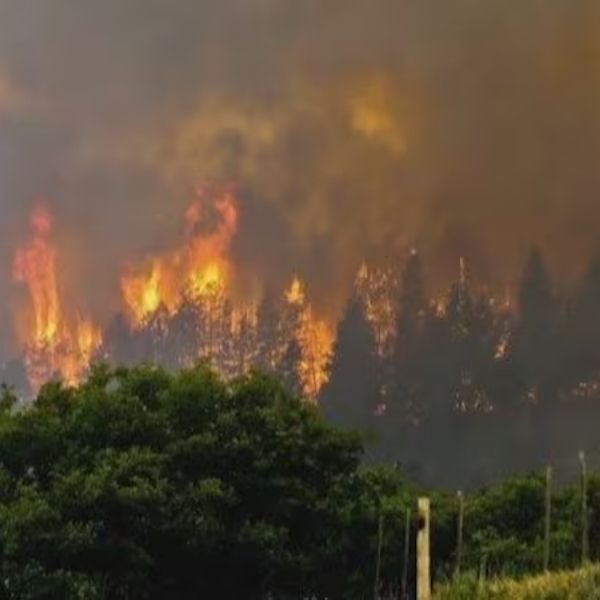


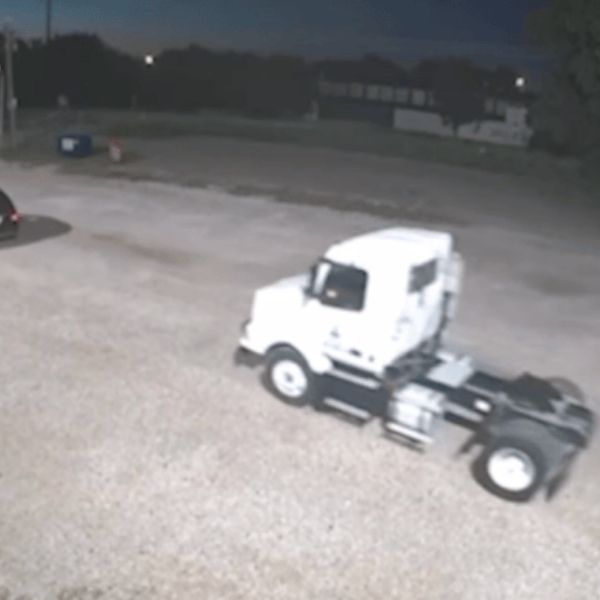
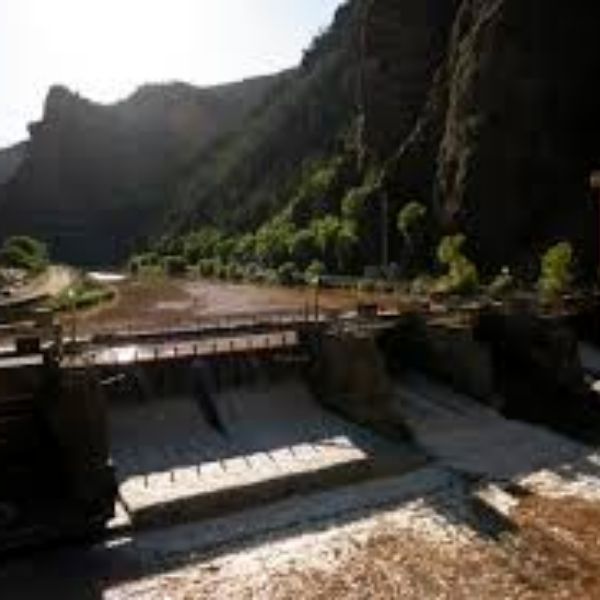
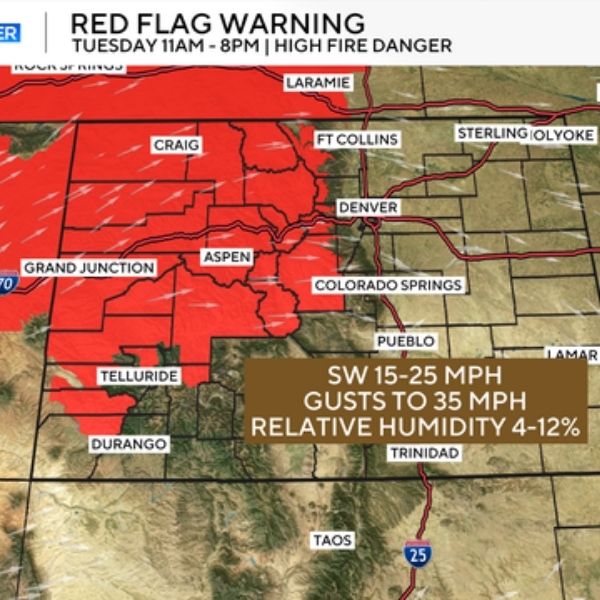
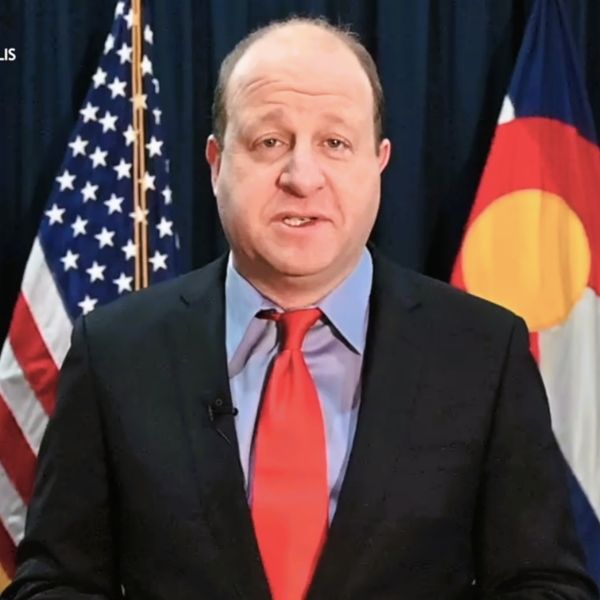



Leave a Reply